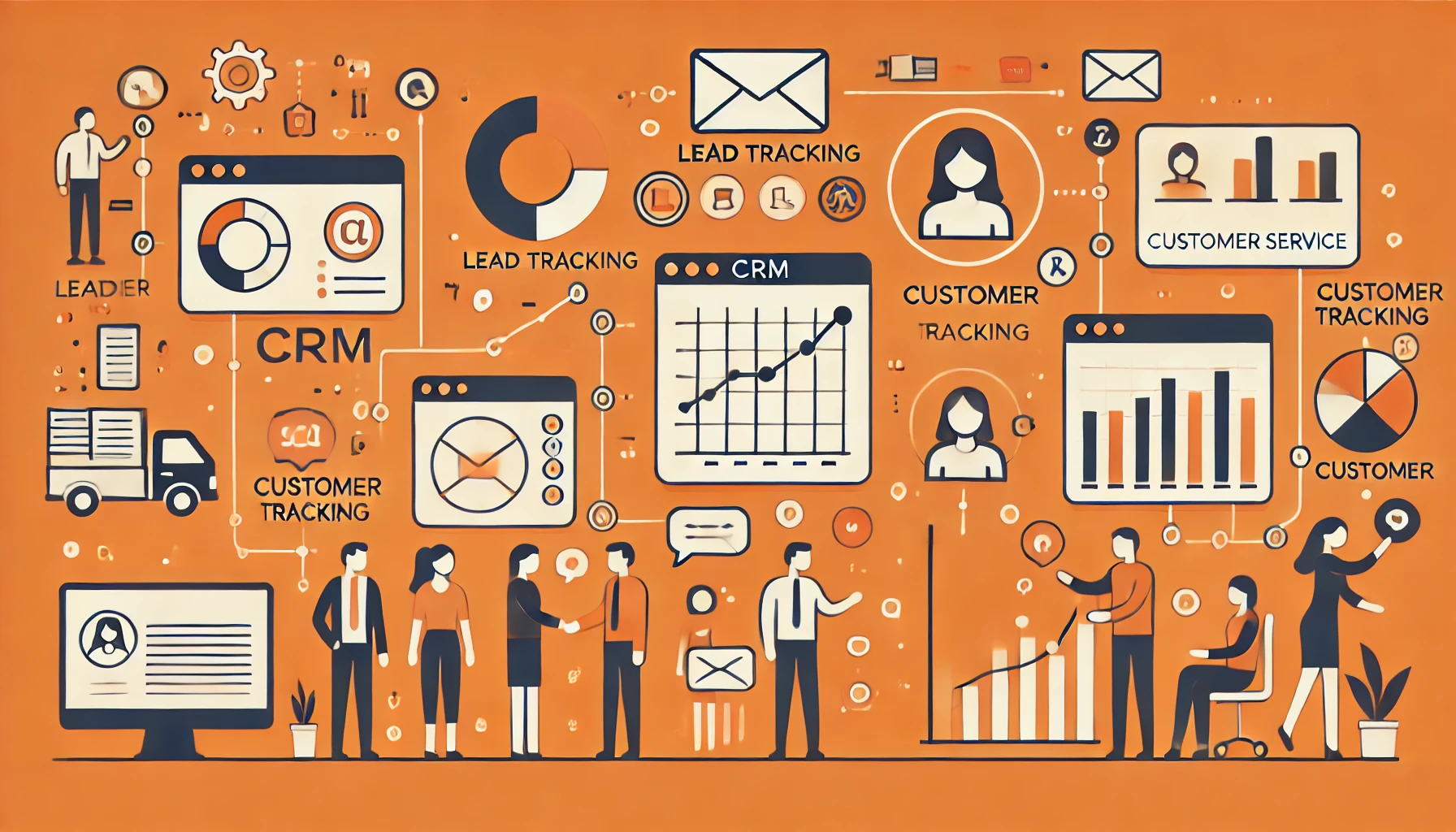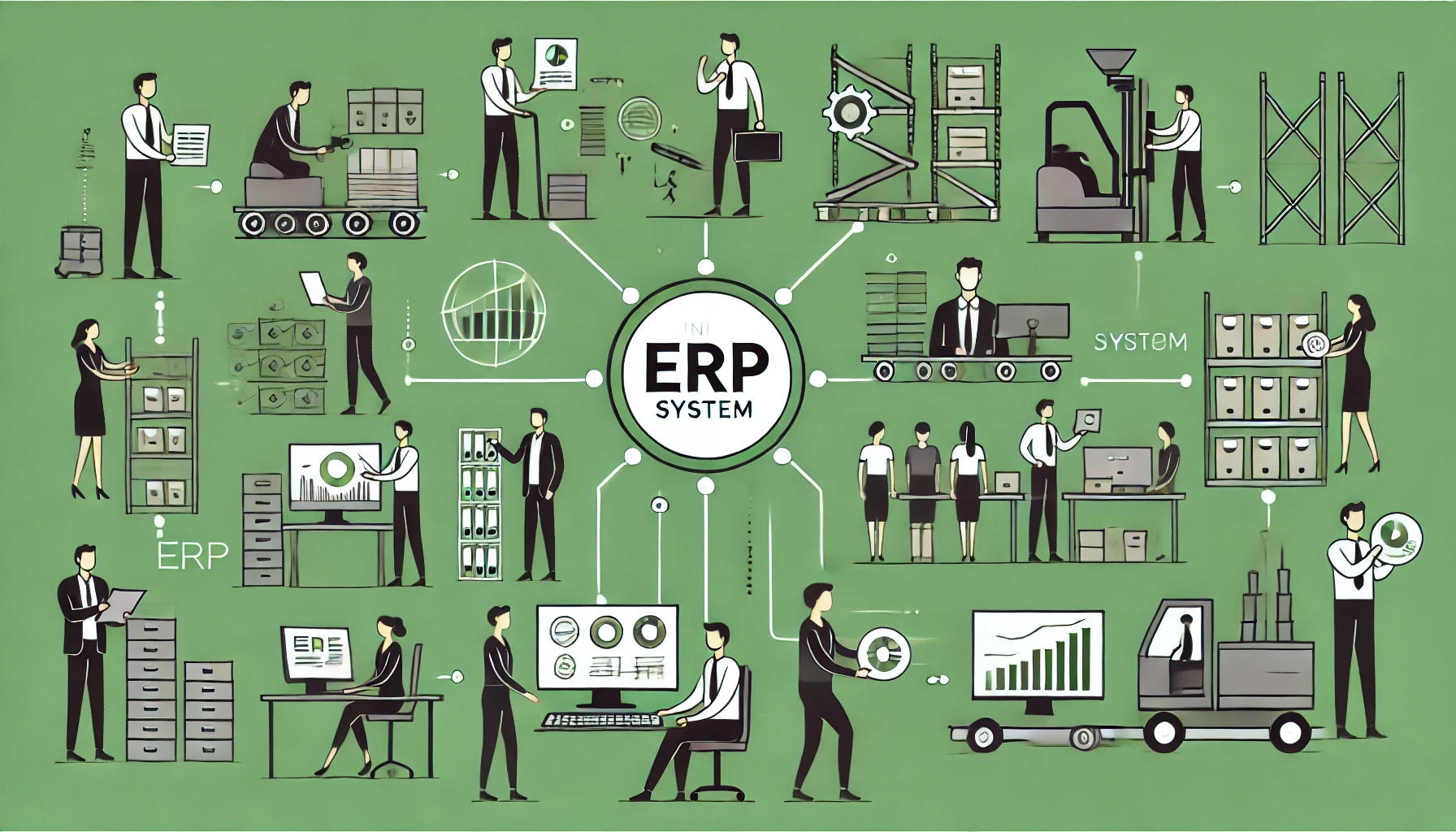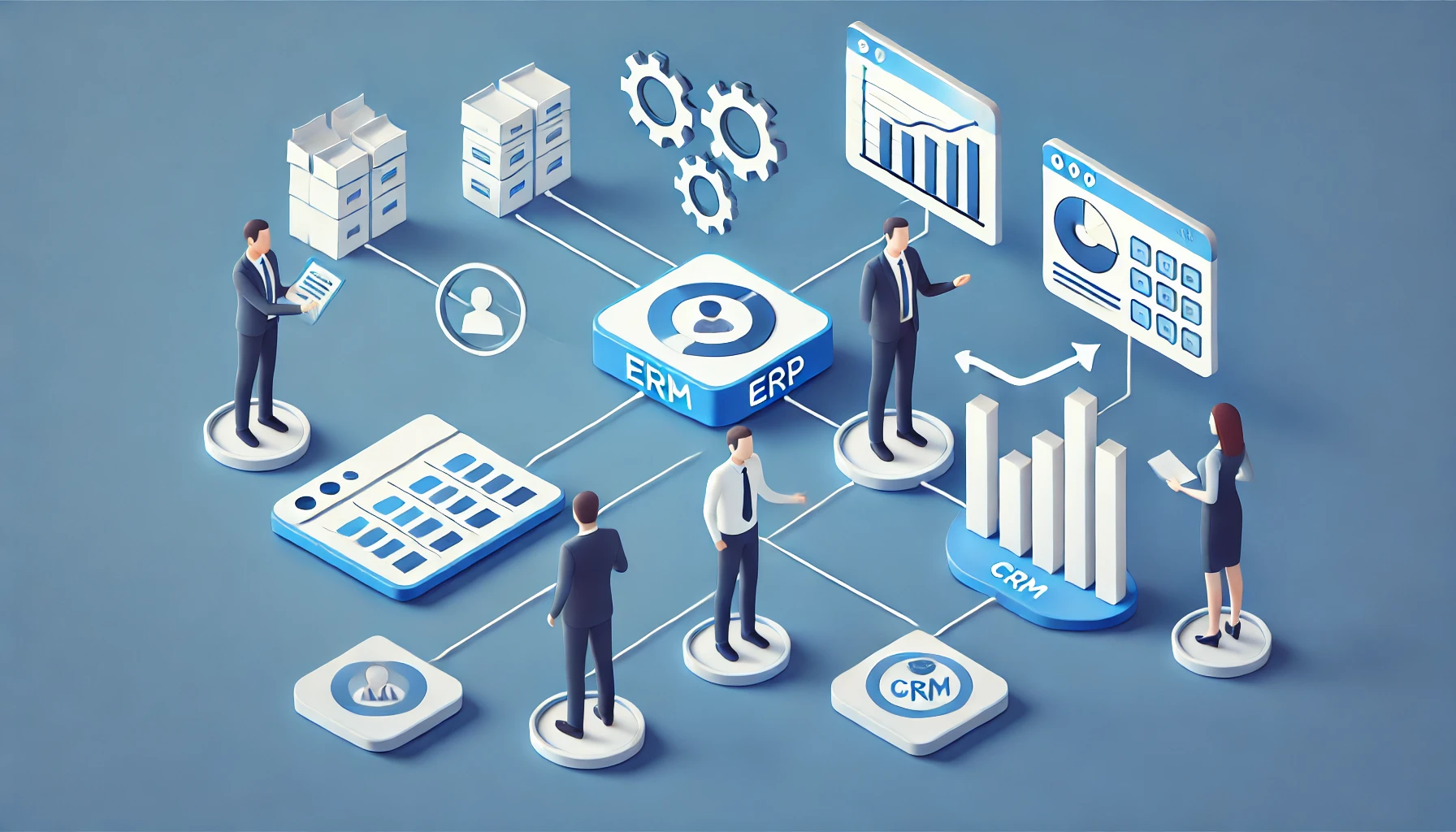NetSuite CRM vs ERP: What It Really Offers for Businesses
In the world of business software, few names carry the weight and versatility of Oracle NetSuite. But there’s a common question many new users and business owners ask: Is NetSuite CRM or ERP?
The answer isn’t as straightforward as choosing one over the other because NetSuite is both. NetSuite started as a cloud-based accounting solution and quickly evolved into a full-scale Enterprise Resource Planning (ERP) platform. Over time, it integrated Customer Relationship Management (CRM) capabilities too, making it a unified solution for growing businesses.
In this blog, we’ll dive deep into what each module, CRM and ERP brings to the table, how they differ, and most importantly, how NetSuite combines both to power modern businesses.
Before dissecting NetSuite, it’s essential to understand the basic difference between ERP and CRM.
ERP (Enterprise Resource Planning)
ERP is designed to manage a company’s internal operations, everything from finance and accounting to inventory, supply chain, and procurement. ERP systems ensure that departments are working from a centralized data source, enabling efficiency, automation, and better decision-making.
CRM (Customer Relationship Management)
CRM, on the other hand, is focused on the external, managing a business’s interactions with its customers. CRM software is used by sales, marketing, and customer support teams to manage leads, track communications, monitor deals, and nurture long-term relationships.
So, Is NetSuite CRM or ERP?
NetSuite is both.
NetSuite is fundamentally an ERP platform but includes a robust, built-in CRM module. This allows businesses to operate on a single platform for both back-end and front-end operations. It eliminates data silos and provides a 360-degree view of your customers and business performance.
In other words, NetSuite offers CRM as a part of its ERP ecosystem.

NetSuite ERP Features: What Does It Include?
The ERP side of NetSuite is what makes it so powerful and scalable for companies of all sizes. Here are some of the core modules:
1. Financial Management
Includes general ledger, accounts payable, accounts receivable, and bank reconciliation—all under one roof. It supports multi-currency and tax compliance features as well.
2. Inventory and Order Management
Track inventory in real-time, manage supply chains, and optimize fulfillment processes. Integration with procurement and sales modules ensures seamless operations.
3. Procurement
Automates purchasing workflows, ensures vendor management, and reduces maverick spending.
4. Human Capital Management (HCM)
Includes features like employee records, payroll integration, and workforce analytics.
5. Project Management
From budgeting to billing, this module supports service-based companies that operate on time and deliverables.
6. Supply Chain Management
Coordinate everything from raw materials to finished goods using real-time updates and planning tools.
7. SuiteAnalytics
Provides detailed dashboards and KPIs for every department, helping with strategic business decisions.
NetSuite CRM Functionality: What’s Included?
While many businesses use standalone CRM systems like Salesforce, NetSuite offers an integrated CRM module with excellent features:
1. Lead and Opportunity Management
Track leads from multiple sources and manage sales pipelines within NetSuite. Sales reps can monitor deals, update stages, and forecast revenue.
2. Marketing Automation
Run email campaigns, score leads, and track customer engagement. NetSuite CRM helps marketing teams align with sales for better conversions.
3. Customer Service Management
Track customer cases, assign them to support agents, and measure resolution times. Case escalation and SLA tracking are included.
4. Sales Force Automation
Automate recurring sales tasks like quote generation, order processing, and renewal reminders.
5. Customer 360 View
NetSuite’s unified data model ensures that all customer-related data, from orders to support tickets—is available in a single dashboard.
Benefits of Using NetSuite as Both ERP and CRM
Combining CRM and ERP in one platform has significant advantages:
1. Data Consistency
No need for multiple integrations. Your sales team sees the same data your finance or inventory team sees.
2. Streamlined Workflows
When a lead converts to a customer, their billing, shipping, and support details are instantly available—no duplication required.
3. Improved Forecasting
With real-time visibility into sales pipelines and financials, companies can forecast demand and revenue more accurately.
4. Cost Efficiency
One platform, one vendor, one set of training materials. This reduces implementation and licensing costs.
5. Scalability
NetSuite grows with your business. As you add more teams or locations, its cloud-based model easily scales without disrupting existing operations.

NetSuite vs. Salesforce: A Common Comparison
Some companies evaluate Salesforce (CRM-only) vs. NetSuite (ERP with CRM). While Salesforce excels in CRM features, it lacks the ERP functionality that NetSuite provides natively.
If your business only needs sales automation, Salesforce may suffice. But if you’re looking for a full suite that includes financials, inventory, HR, and CRM, NetSuite is the more complete solution.
When Should You Use NetSuite CRM?
NetSuite CRM is a great fit for:
- Growing businesses that need unified systems
- Ecommerce companies looking to integrate sales and fulfillment
- Service-based firms that want to tie projects to clients
- Manufacturers who want to link order management with customer profiles
If you’re already using NetSuite ERP, it makes sense to enable the CRM module for better integration and reduced operational friction.
Conclusion
So, to answer the question “Is NetSuite CRM or ERP?”, NetSuite is an ERP platform with powerful CRM capabilities. It’s a one-stop solution for companies that want to manage their finances, operations, and customer relationships from a single, cloud-based platform.
By choosing NetSuite, you don’t have to juggle multiple tools or worry about integration issues. Whether you’re handling inventory in one tab or tracking a sales lead in another, everything is part of the same ecosystem.
This unified approach is what makes NetSuite one of the most trusted solutions for growing businesses today.



